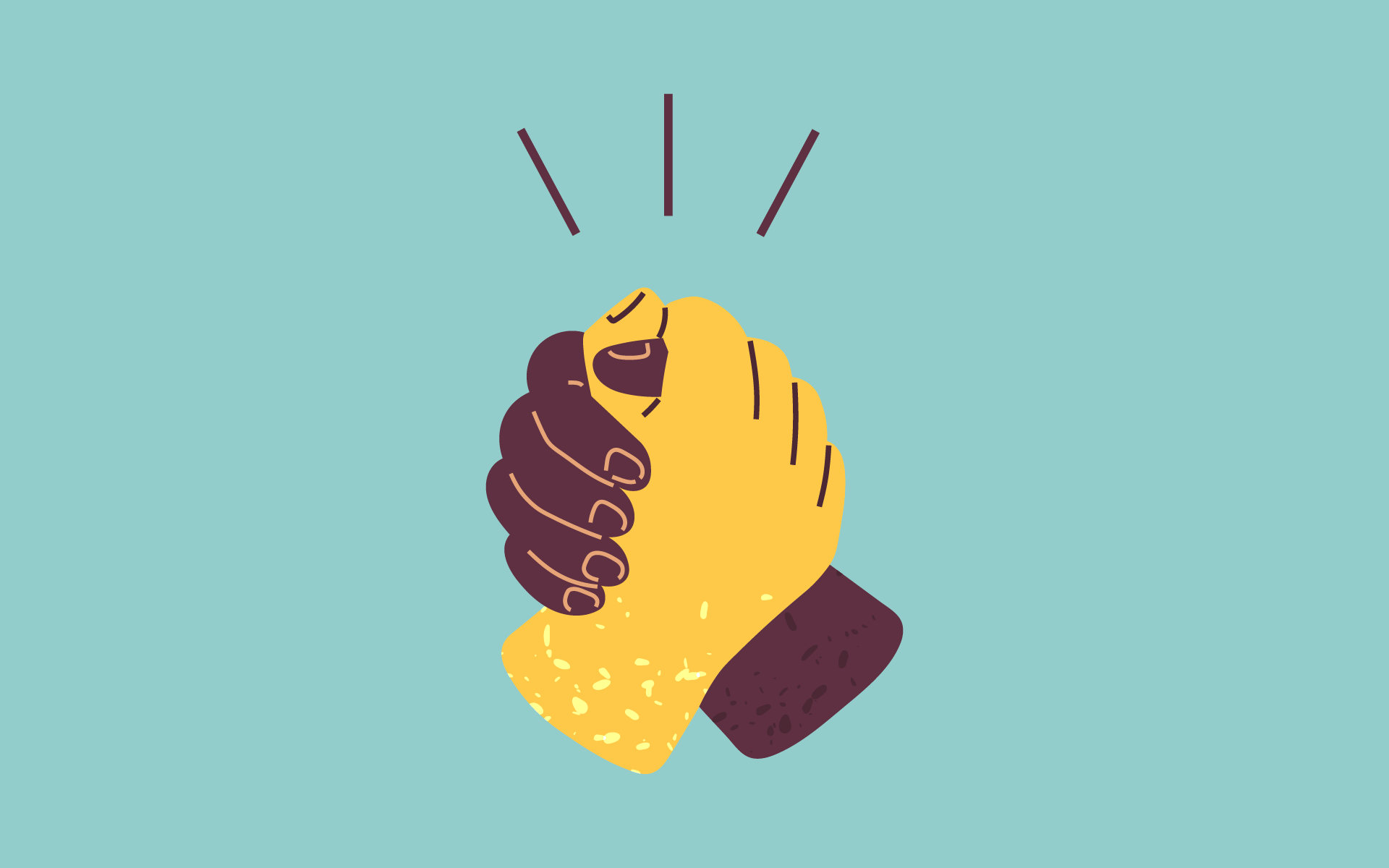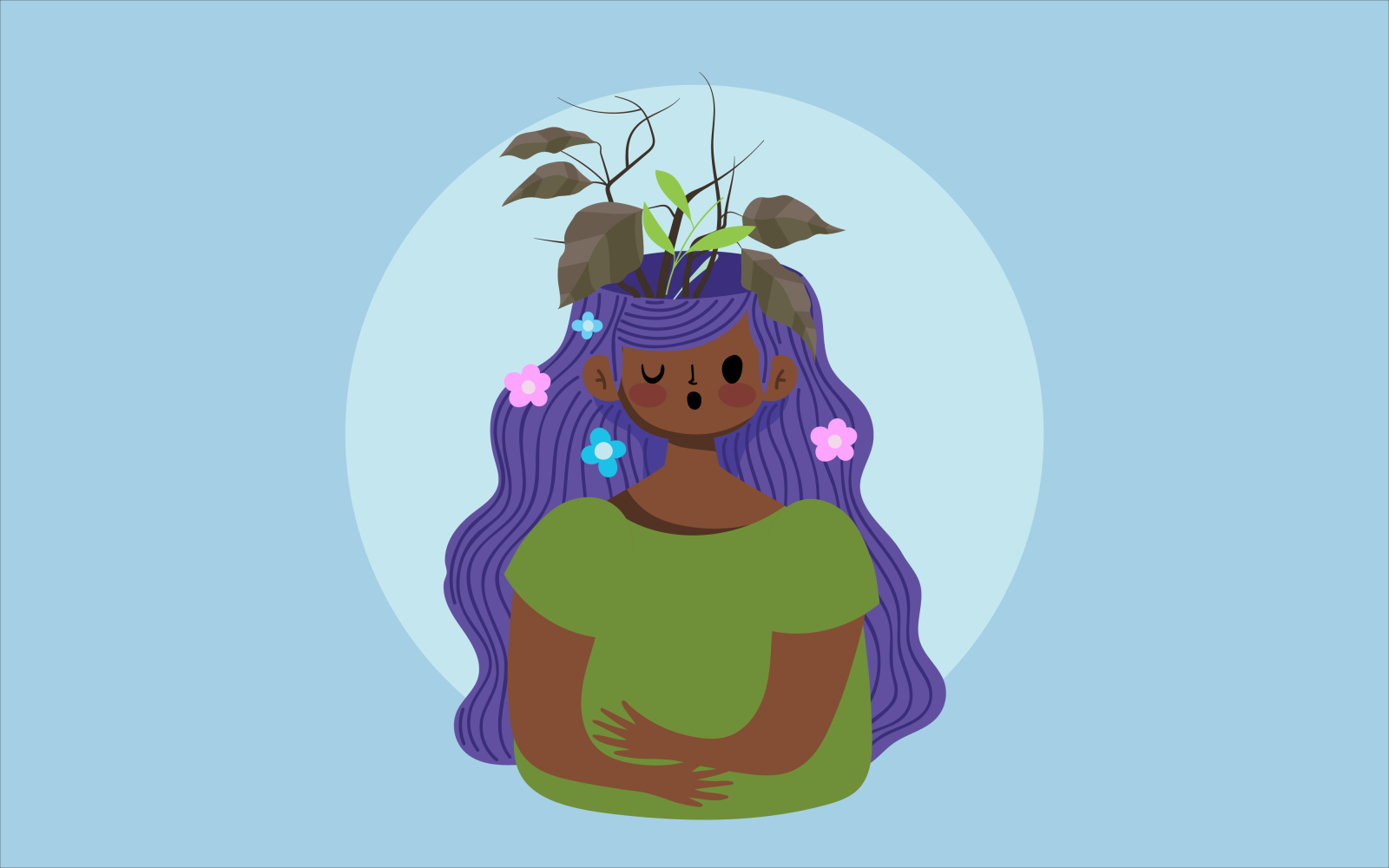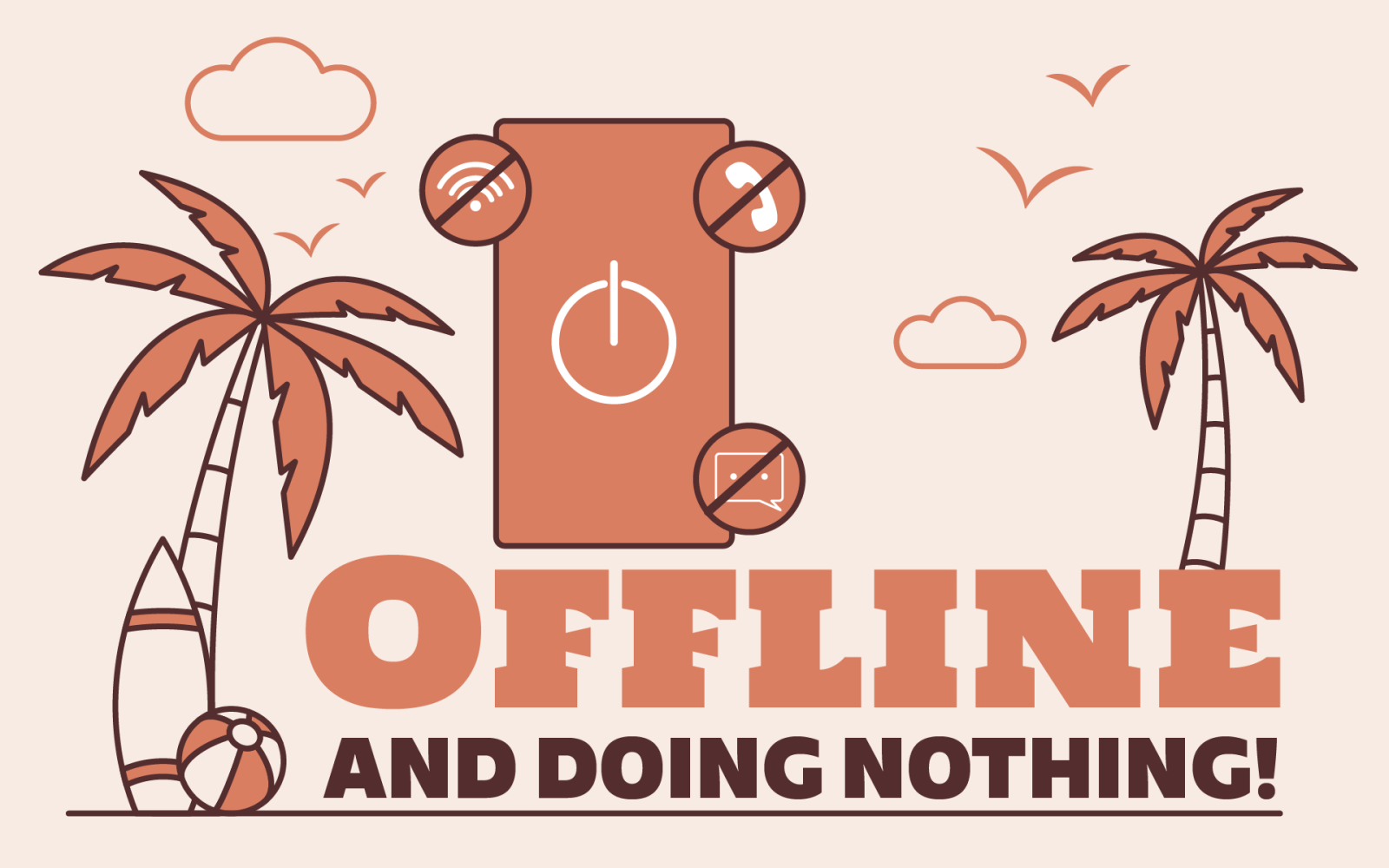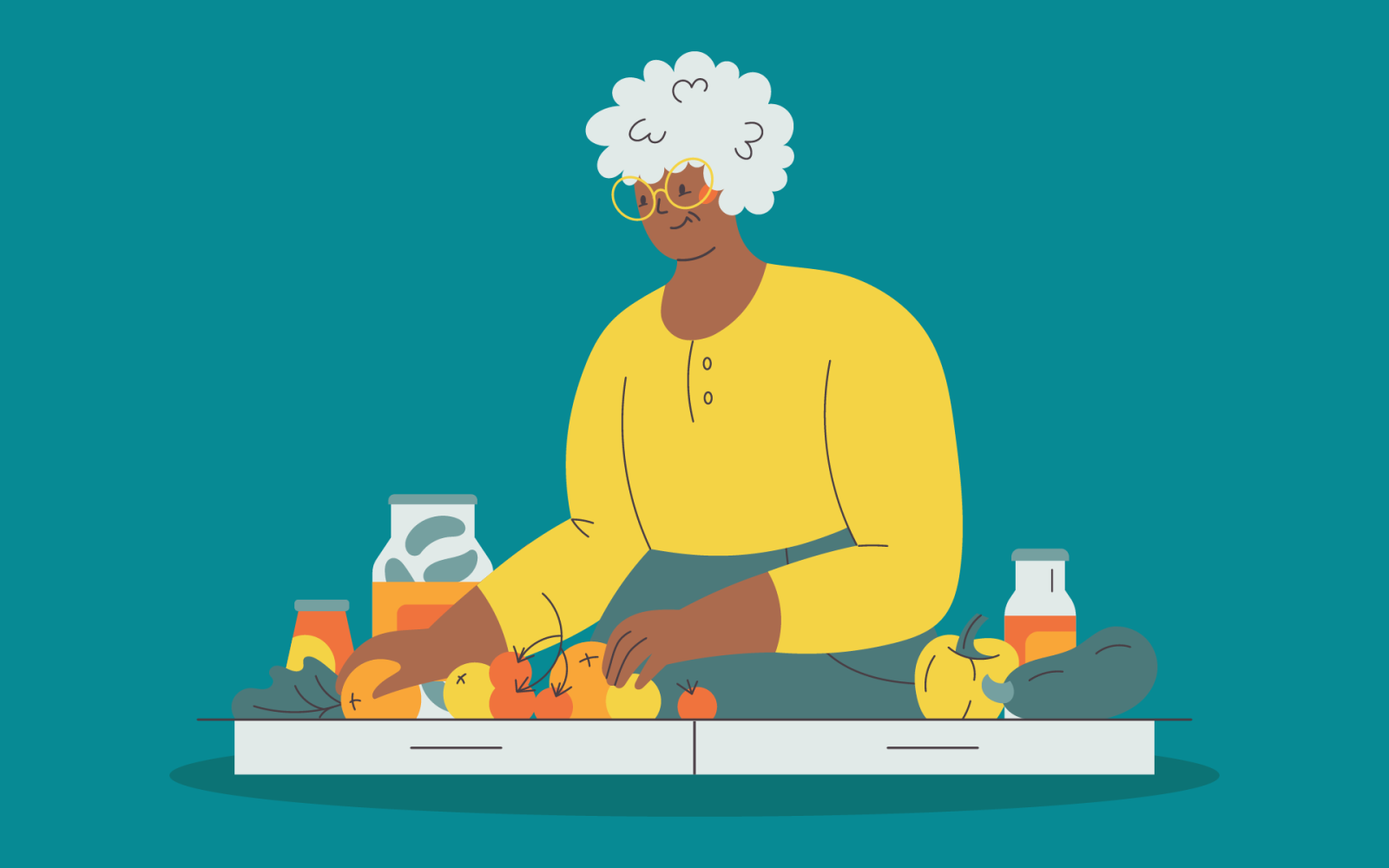To call a man “brother” is to break an age-old cycle of violence

Why an everyday ritual of shared humanity can feel liberating for South African men.
After a childhood spent in South African all-boy schools, I came to believe that a layer of violence must underscore all male relationships.
The threat of some form of painful physical consequence was never far away.
A petty slight or ill-judged provocation could result in a sudden visit of stone-hard fists, or an ugly scrawl of scratches, bruising, and torn skin.
To fail the daily spelling test, aged 10, might cause a light thrashing from an embittered male teacher, by means of a well-worn cane.
And at the end of this long process, you might lose your life or your mind in the army, fighting unknown foes or fellow South Africans in the townships, for reasons that were hardly clear.
I matriculated in 1987, in a vortex of political turmoil and strife. I hardly knew how to speak with women my age, although I’d enjoyed a sweet and liberating relationship for most of my 15th year.
A relationship which undoubtedly saved me, or at least hinted that life had a tender and more accepting side.
Despite this fumbling foray, I regarded women as abstractions, accessories, moving mannequins and ciphers of desire.
A desire I hardly understood, but which seems clearer to me now, 30 years later.
My friendships with women, later in life, were all about this. An alternative to violence, and perhaps a refuge, a way to find myself.
In high school, art and music presented more peaceful opportunities.
Rather than the seemingly bizarre choice of accountancy or business science that most of my peers followed when they ducked to university, postponing dreaded conscription to the army, I enrolled in a broad Bachelor of Arts degree.
I did not have a shred of an idea of what I wanted to do with my life.
In the first heady days of university, all my first friends were women, who offered a wider emotional range than my male colleagues.
They were kind and curious and invited friendship. Men were harder. Harder to reach, harder to be open with.
Sometimes they’d fall apart, crash cars, or at the worst, take their own lives. The pressure of living was unbearable at times.
My own depression became magnified. My peers seemed tied to higher stakes, hell-bent on capitalist extraction, alcohol, rugby, and the pursuit of women.
To my disappointment, I learnt that the male friendships I’d forged in the sweat of a rugby field didn’t last. The bonds of shared pain were weak.
My friendships with women made me feel accepted for the emotional being I was, allowing me to explore other ways of seeing things.
My women friends were more intelligent than the men around me, who were still so excited to go out and conquer the world.
The women I knew seemed composed, steady, quietly determined, without flash or bluster. They suited my quieter, introverted side.
The years have gone by. “I thought men’s friendships were so easy and uncomplicated,” says my favourite lady-friend, perched exquisitely on the sofa. “Ours are much more complex.”
I’m not sure about these generalisations.
If she’s ever vexed by her female relationships, she knows she can keep things superficial, civil, light, and non-confrontational. It’s a form of easy kindness.
She’s loyal to those she loves, understanding that love is precious and finite. She enjoys a handful of deep sister-like relationships, although I doubt she’d call them that.
I’m the one who is more prone to call my good male friends “brother” now. Or indeed, any man I feel a strong connection with. A car guard, a shopkeeper, a service technician.
There’s a meeting of souls in certain male-on-male interactions, where equality prevails and ego has faded.
It feels like an emotional victory, as if we have entered a space free of judgement, focussed on good things only, in our common humanity.
This brotherhood comes as a relief, after the endless jockeying and competition and insecurity.
When I walk to the beach just after dawn, one of my newer male friends is there. We embrace.
Our affinity is in our survival, a friendship formed in the shadow of that overbearing exhortation to violence as a means of self-expression.
We laugh in our brotherly love. My sisters have taught me how it can be so.




